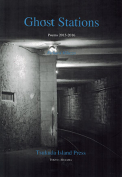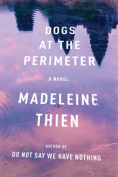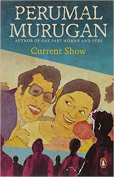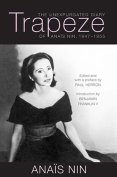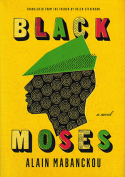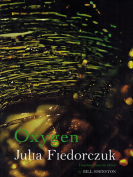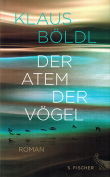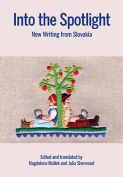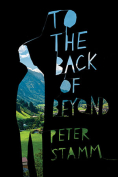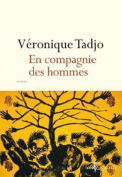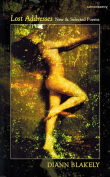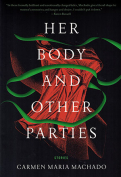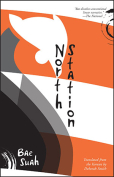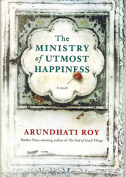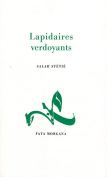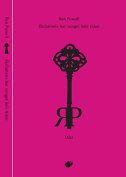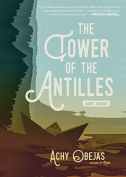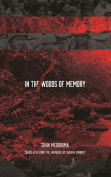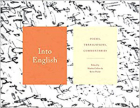Oxygen by Julia Fiedorczuk
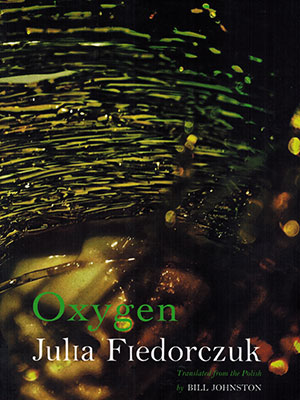 Brookline, Massachusetts. Zephyr Press. 2017. 110 pages.
Brookline, Massachusetts. Zephyr Press. 2017. 110 pages.
Oxygen is a modest sampling of Julia Fiedorczuk’s poems—not quite a Selected Poems—that falls into three categories: “Lands and Oceans,” “Autobiographia Litteraria,” and “Psalms in the Making.” Dramatically different in focus, each section presents the poet working through a different poetic mode. This structure showcases her breadth and variety yet also clarifies what makes a Fiedorczuk poem unique. It is highly metaphorical, consciously styled, and imagistic. Fiedorczuk moves comfortably among the four elements, unafraid of their heft and cosmic reach. She avoids abstraction by keeping her eyes and mind focused on the physical universe, reaching out to the stars as well as down to the depths of the sea, which may be why she has been called an ecopoet. The outside world is, indeed, perhaps the most important presence in these poems. Yet they are not moralistic and do not indulge themselves in entranced communion with nature (see WLT, Nov. 2014, 30–32).
Fiedorczuk writes a metaphysical verse informed by psychology, astronomy, biology, and literary criticism. Academic language is, for her, a source of metaphorical play: “assimilation and dissimilation” govern the process of converting matter into more or less complex particles, but it is also a rhyming, gently ironic way of summing up the process of seasonal change. She is an explorer, sometimes a celebrant, often one who enjoys complicating the scene she observes. We may feel confused by her intense metaphorical play but never feel that the author holds her knowledge above us or engages in an intellectual game that she will always win. Indeed, one of the mysteries of these poems is the way that they manage to avoid the overwhelming presence of a first-person speaker while also avoiding the coldness of impersonality. Somehow, the poet is there and yet in hiding, acknowledging her own presence yet refusing to occupy much space in the poem. Even in poems that consider the self and her daily life, there is no confessionalism or egotism. In this she resembles Wisława Szymborska, whose first-person speaker is hidden in plain sight, modestly refusing to take center stage.
Bill Johnston translates this poetry faithfully and respectfully. He is to be commended for retaining the dominant tones of these poems as well as their literal meanings. Fiedorczuk’s play with tone is, indeed, a delightful feature of her work, and Johnston allows English-language readers to experience her mixture of profundity and levity, contemplative calm and dramatic movement. We can only hope for more in the future.
Magdalena Kay
University of Victoria

